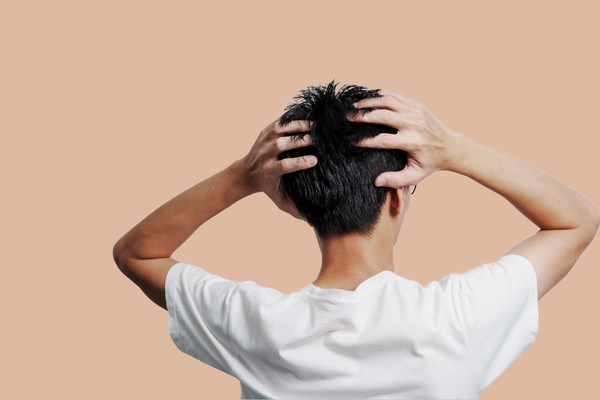If you feel drained even after your morning coffee, you are not alone. Many Filipinos rely on caffeine to get through the day, but there are healthier, longer-lasting ways to stay energized. Here are six science-backed strategies to help you recharge naturally with no caffeine required.
1. Prioritize Consistent, High-Quality Sleep
The most powerful energy booster is not a drink, it is sleep. Your body restores itself during rest, balancing hormones that regulate energy and focus.
To improve your sleep routine:
-
Stick to a regular bedtime and wake-up time
-
Avoid screens 30 minutes before bed
-
Keep your bedroom cool and quiet
-
Skip caffeine after lunch
2. Eat Balanced Meals That Keep You Fueled
Your energy depends on what and how you eat. Skipping meals or relying on refined carbs can cause spikes and crashes throughout the day.
Focus on steady energy by pairing complex carbs with protein and healthy fats:
-
Brown rice with grilled fish or tofu
-
Oatmeal topped with fruit and nuts
-
Whole-grain bread with avocado and egg
3. Move Your Body Regularly
Physical activity helps your body produce more energy at the cellular level. Exercise improves circulation, oxygen delivery, and mental clarity.
You do not have to hit the gym every day. Try:
-
Taking 10-minute walks after meals
-
Doing simple stretches between tasks
-
Trying home workouts or dancing
4. Manage Stress Before It Drains You
Chronic stress depletes your energy reserves and affects concentration. Managing stress effectively helps you preserve both mental and physical stamina.
Simple ways to lower stress:
-
Practice deep breathing for a few minutes each day
-
Schedule time for rest and hobbies
-
Limit screen time and news exposure
-
Practice gratitude or journaling
If you find it hard to cope, consider speaking with a licensed therapist or counselor. Addressing stress early can prevent burnout and fatigue.
5. Stay Hydrated Throughout the Day
Even mild dehydration can make you feel sluggish and tired. Water supports every cell in your body, including those responsible for energy production.
Aim for at least eight glasses daily, and increase intake if you are active or live in a humid climate.
Make it easier by:
-
Keeping a reusable bottle with you
-
Infusing water with lemon or cucumber for flavor
-
Drinking a glass before every meal
6. Support Your Body With Healthy Routines
True energy comes from consistency, not quick fixes. Build habits that nourish your body daily: sleep well, eat balanced meals, move regularly, manage stress, and stay hydrated.
Over time, you will notice stronger focus, better mood, and lasting vitality without depending on caffeine.















